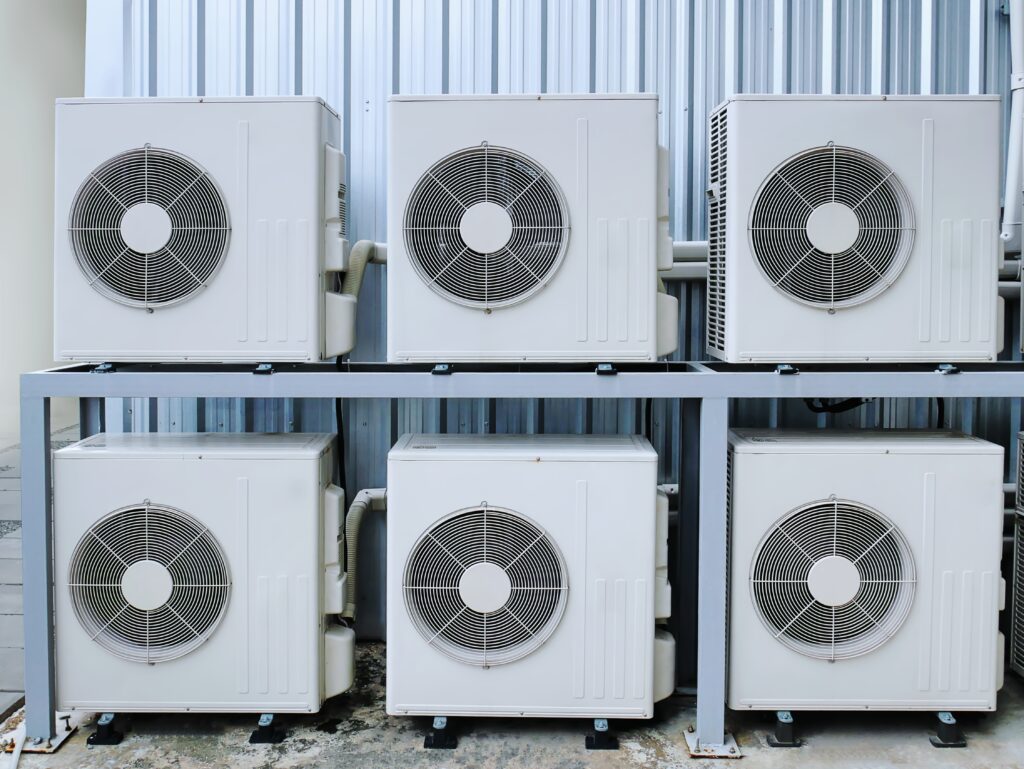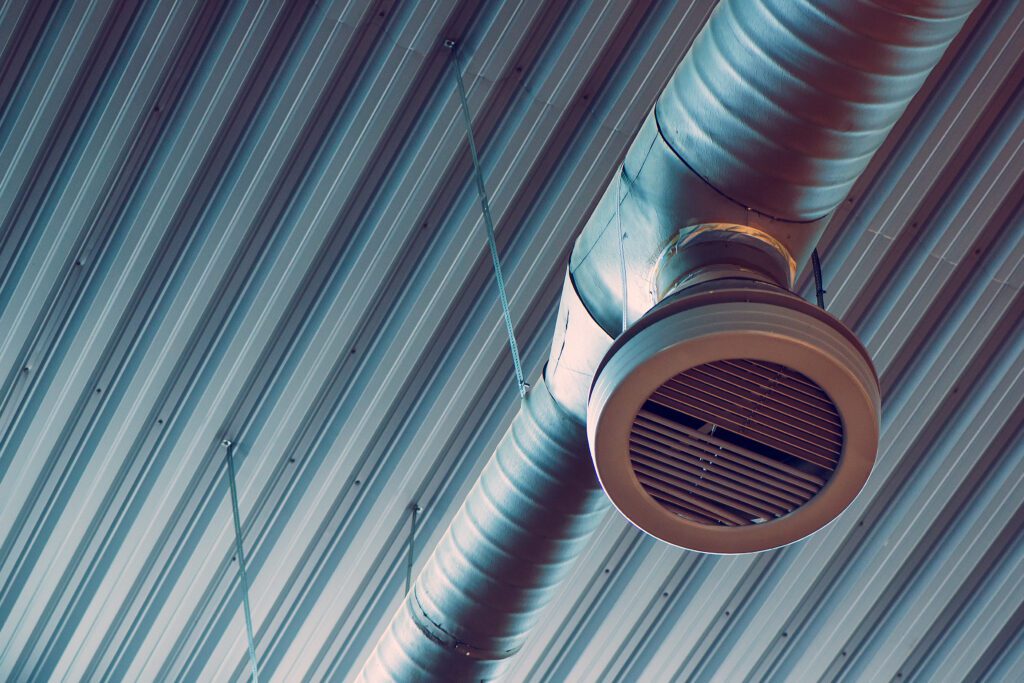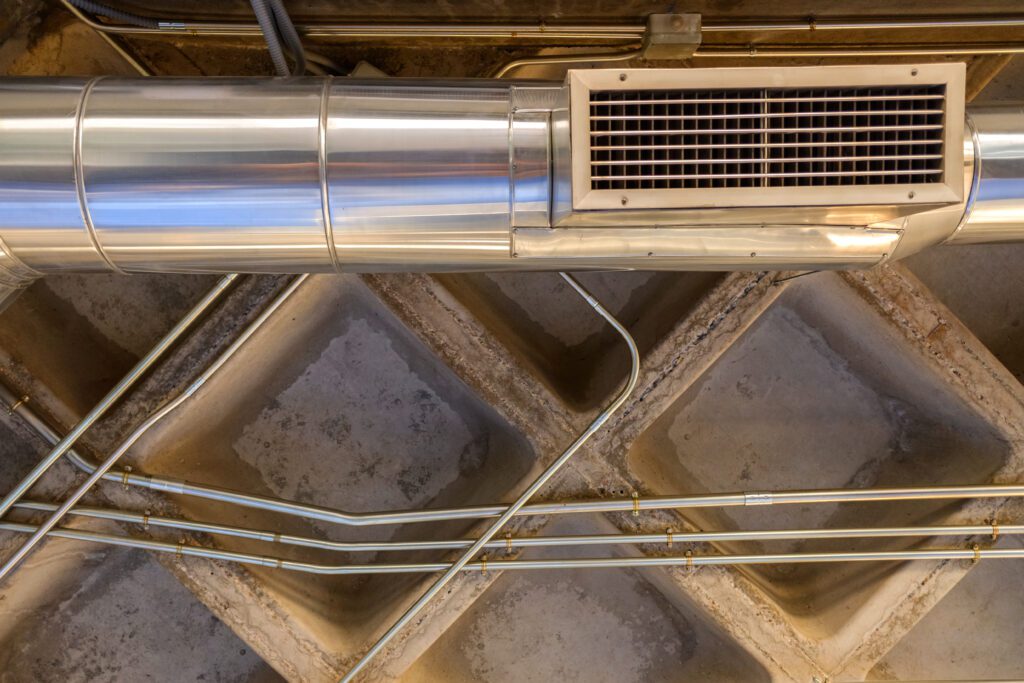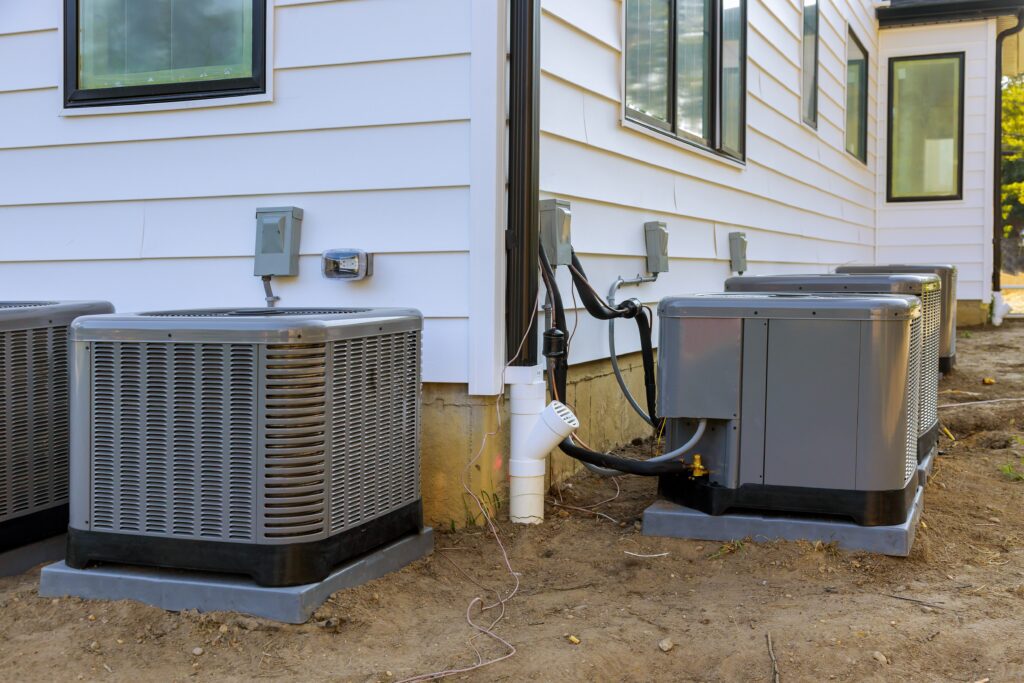As winter approaches, ensuring that your HVAC system is adequately prepared is essential for maintaining comfort and efficiency in your home. This article delves into various strategies to protect your HVAC system during the colder months. By following these essential tips, you can avoid costly repairs and ensure your heating system runs smoothly throughout winter.
Understanding Your HVAC System
To effectively protect your HVAC system, it is crucial to understand its components and functions. An HVAC (Heating, Ventilation, and Air Conditioning) system works to control the temperature, humidity, and airflow within your home. Knowing how each part operates can inform better maintenance practices.
Key Components of an HVAC System
The main components of an HVAC system include the furnace, air conditioner, heat pump, ductwork, and thermostat. Each plays a significant role in heating and cooling your home:
- Furnace: This is the heart of your heating system, generating warm air that circulates throughout your home.
- Air Conditioner: Responsible for cooling your home in warmer months, when winter arrives, this can often be turned off or maintained for efficiency.
- Heat Pump: A versatile component that can both heat and cool, providing year-round climate control.
- Ductwork: Channels the airflow from your HVAC unit to different areas of your home.
- Thermostat: The control system that allows you to set and maintain desired temperature levels.
The Role of HVAC System in Winter
During winter, your HVAC system’s primary role is to provide reliable heating. It is essential for maintaining indoor comfort levels, especially in regions prone to freezing temperatures. A well-functioning system can safeguard against the bitter cold and ensure a safe environment for your family.
Additionally, efficient heating can help prevent other winter-related issues, such as frozen pipes. Understanding how your system operates can lead to more proactive maintenance and a stronger winter readiness plan.
Moreover, regular maintenance checks during the colder months can enhance the efficiency of your HVAC system. This includes changing filters, inspecting ductwork for leaks, and ensuring that your thermostat is functioning correctly. By taking these steps, you not only improve the performance of your heating system but also extend its lifespan, saving you money on costly repairs or replacements in the long run.
Another crucial aspect to consider is the importance of indoor air quality during winter. With windows and doors sealed tight to keep the cold air out, the air inside can become stagnant and filled with allergens. An effective HVAC system can help circulate and filter the air, ensuring that your home remains a healthy environment. Investing in air purifiers or upgrading your filters can further enhance the quality of the air you breathe, making your home a more comfortable place during the chilly months.
The Importance of HVAC Maintenance in Winter

Regular maintenance of your HVAC system is crucial to ensure optimal performance during winter. It not only enhances efficiency but also extends the lifespan of your equipment. Homeowners should take the necessary steps to minimize the risk of breakdowns in the cold months.
Preventing HVAC Breakdowns
Preventive maintenance is key to avoiding unexpected issues. Conducting regular check-ups can identify potential problems before they become serious. This includes routine inspections, cleaning components, and checking for wear and tear. By addressing minor concerns early, you can save yourself from the inconvenience and cost associated with major repairs during the peak of winter.
- Replace or clean filters regularly.
- Inspect the ductwork for leaks or blockages.
- Ensure that moving parts are lubricated.
Enhancing Energy Efficiency
In addition to preventing breakdowns, proper maintenance enhances energy efficiency. An efficient HVAC system will consume less energy, reducing utility bills and improving your home’s environmental footprint. Regular maintenance ensures that your system operates at its optimal capacity, which is particularly important during the winter months when heating demands are at their highest.
Simple steps such as sealing gaps and ensuring proper insulation can significantly impact energy consumption. By investing time in maintaining your HVAC system, you can achieve cost savings while keeping your home comfortably warm. Furthermore, consider upgrading to a programmable thermostat, which allows you to better control your heating schedule and avoid unnecessary energy use when you’re not home. This not only enhances comfort but also contributes to a more sustainable lifestyle.
Additionally, it’s important to remember that HVAC maintenance isn’t just about the equipment itself; it also involves understanding the unique needs of your home. Factors such as the size of your space, the age of your system, and local climate conditions all play a role in determining how often maintenance should occur. Engaging with a professional HVAC technician can provide insights tailored to your specific situation, ensuring that your system is not only running efficiently but also effectively addressing the heating demands of your household.
Pre-Winter HVAC System Inspection

Prior to the onset of winter, a thorough inspection of your HVAC system is highly recommended. This step can help identify any issues that need urgent attention, ensuring that everything is in top working order as the temperature drops. A well-functioning HVAC system not only keeps your home comfortable but also contributes to energy efficiency, potentially lowering your utility bills during the colder months.
What to Look for During an Inspection
During your inspection, there are several key areas to focus on:
- Check the thermostat settings and functionality.
- Inspect the furnace for rust, corrosion, or damage.
- Ensure that vents are clear and unobstructed.
- Examine the air filters for dirt and replace them if necessary.
By focusing on these areas, you can ensure that your HVAC system is well-prepared for the challenges of winter. Additionally, consider checking the insulation around your ductwork, as proper insulation can prevent heat loss and improve the overall efficiency of your heating system. It’s also wise to listen for any unusual noises coming from your furnace or heat pump, as these could indicate underlying problems that may need immediate attention.
Hiring a Professional vs DIY Inspection
While some homeowners may feel comfortable conducting their inspections, hiring a professional can provide peace of mind. Licensed HVAC technicians possess the expertise and tools needed to thoroughly assess your system. They can also provide valuable insights into the age and efficiency of your equipment, helping you make informed decisions about repairs or upgrades.
A professional inspection often includes a more comprehensive analysis involving advanced diagnostic testing. Moreover, having a trained eye can help uncover hidden issues that an untrained eye might miss. This decision ultimately depends on your comfort level and the complexity of your system. If you opt for a DIY approach, be sure to familiarize yourself with your HVAC system’s manual and safety precautions, as working with electrical components can pose risks if not handled correctly. Remember, the goal is to ensure your home remains a warm and welcoming refuge throughout the winter months.
Essential Winter HVAC Maintenance Tips

Maintaining your HVAC system during winter involves several routine practices that can enhance its performance and longevity. Here are some essential tips to keep your system running smoothly.
Regular Filter Changes
A crucial maintenance step during winter is changing your air filters regularly. Clogged filters restrict airflow and can lead to system inefficiency, increased energy consumption, and potential breakdowns.
It is recommended to check the filters monthly and replace or clean them every one to three months, depending on their condition and your system type. Investing the time to change filters can make a significant difference in system performance. Moreover, using high-efficiency particulate air (HEPA) filters can capture smaller particles, improving indoor air quality and reducing allergens, which is especially beneficial during winter when homes are sealed tight against the cold.
Insulating the HVAC Unit
Insulating your HVAC unit, especially if it is located outdoors, can protect it from the harsh winter elements. Insulation can help maintain optimal temperatures within the system, ensuring efficient operation.
Additionally, wrapping pipes in insulating materials can prevent them from freezing, which is a common issue in extremely cold weather. This not only protects your system but can also save you from costly repairs due to burst pipes. Furthermore, consider insulating your ductwork, particularly if it runs through unconditioned spaces like attics or crawl spaces. Proper insulation of ducts can prevent heat loss, ensuring that the warm air reaches its intended destination efficiently.
Checking and Adjusting Thermostat Settings
Before winter hits, review your thermostat settings to ensure they align with your heating needs. Consider upgrading to a smart thermostat, which can provide more precise control over your heating system.
Smart thermostats can also learn your habits and adjust temperatures automatically, further enhancing energy efficiency and comfort. With the right settings, you can enjoy warm indoor temperatures while keeping energy costs down. Additionally, programming your thermostat to lower the temperature during the night or when you are away can lead to significant savings on your heating bills. Some models even allow for remote adjustments via smartphone apps, giving you the flexibility to control your home’s climate from anywhere.
Troubleshooting Common Winter HVAC Problems

Even with proper maintenance, issues can still arise during winter. Understanding common problems can help you troubleshoot effectively and know when to call for help.
Dealing with Frozen Pipes
One of the most pressing winter HVAC issues is frozen pipes, which can lead to extensive water damage once they thaw. Insulating pipes, especially those in unheated areas, can help prevent this from happening. Additionally, keeping a steady drip of water flowing through faucets during extreme cold can help alleviate pressure and reduce the risk of freezing.
If you suspect a pipe has frozen, you can gently thaw it with a space heater or warm towels, but be cautious not to apply direct heat. If you’re unsure, it’s best to call a professional to avoid exacerbating the issue. Remember that prevention is key; consider installing heat tape on vulnerable pipes, which can provide an extra layer of protection against the cold.
Addressing Inefficient Heating
If your home feels unevenly heated or some rooms remain cold despite the HVAC system running, it may indicate a problem. Check for blocked vents, damaged ductwork, or malfunctioning thermostats. In addition, make sure that your HVAC system is properly sized for your home; an undersized unit may struggle to maintain comfortable temperatures during the harsh winter months.
Ensuring all vents are clear and programmatically optimizing airflow can resolve most of these issues. Regularly changing your air filters is also crucial, as clogged filters can restrict airflow and lead to inefficiency. If problems persist, reaching out to a professional for a thorough evaluation is a wise choice. They can perform a comprehensive inspection of your system, including checking for leaks in ductwork and ensuring that your thermostat is calibrated correctly.
In conclusion, protecting your HVAC system during winter involves a good understanding of your system, regular maintenance, and proactive troubleshooting. By following these essential tips, you can ensure that your HVAC system remains efficient and effective, providing you with a warm and comfortable home all winter long.



